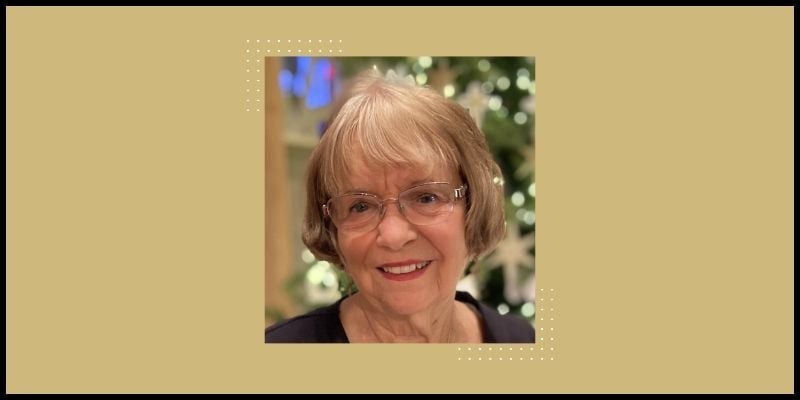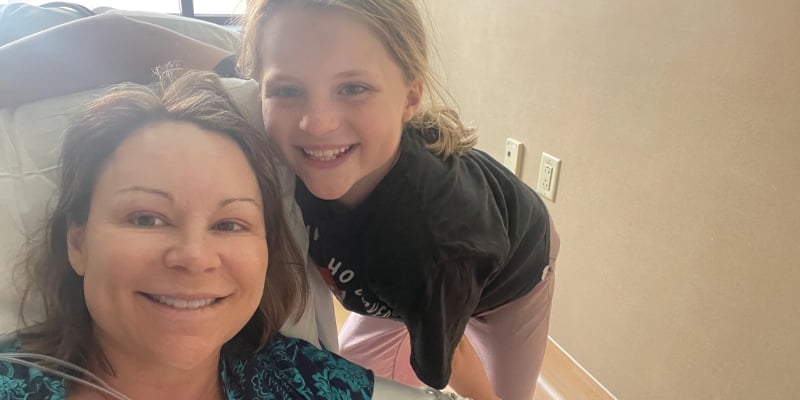Rhonda Whitten RN, CNM, APRN, has spent the majority of her career as a Midwife and a Women’s Health Practitioner. In March of 2020, Rhonda retired from the University of Cincinnati Hospital after caring for generations of women and their families.
Nursing was not always the path Whitten thought she would pursue. It was 1971 when she left the US to study abroad for a year in Ghana, West Africa. She was a sophomore enrolled at Manchester College (now Manchester University) in Indiana and majoring in social work. One day, Whitten and a friend found themselves hitchhiking when a pair of Salvation Army nurses from the Netherlands picked them up. “I was fascinated by their stories,” Whitten reflects. The nurses invited the two students to visit their clinic in a very rural area in Ghana, which led to two separate weekend stays. During their second visit to the clinic, a woman from a nearby village arrived in labor. “For some reason that sparked my curiosity, so I asked if I could watch the birth as long as the mother consented.” In the middle of the night, Whitten and her friend were awoken and told it was time for the birth. They crawled out of their mosquito netting to the tiny clinic building. “I was so inspired by these two nurses who helped this baby come into the world. I knew that this is what I wanted to do,” she recalled.
Upon returning to the United States the following year, Whitten wanted to experience more of the nursing field before changing her major and all of her classes. To do so, she traveled to Puerto Rico and worked in a small, rural mountain hospital. The head nurse of the hospital suggested she apply to a two-plus-two nursing bachelor’s program, as she already had two years of higher education under her belt. In 1976, Whitten began her nursing education at the University of Colorado.
The transition to nursing was aided by Whitten’s previous education in social work. The psychology and sociology knowledge built a strong foundation for her future education. Whitten remembers the progressive themes taught throughout her time at CU Nursing. “The faculty were so good about diversity. They were ahead of their time, bringing in people of different ethnic groups to speak,” she said. The intersectionality of patients was central to the education Whitten received at CU Nursing. “We had lessons on sexuality, sexual preference, addiction, and menopause, amongst other important topics.” Whitten and her classmates were encouraged to research and talk with diverse populations across ages, races, genders, and social locations.
There were many practical experiences embedded into the coursework. Teams of faculty and students traveled to rural areas in Colorado and to provide care to migrant workers, then would debrief weekly to compare experiences. The faculty would work side-by-side with students, supporting their skill development.
To current CU College of Nursing students, Whitten urges practicing awareness of cultural differences amongst the patient population. “Always respect your patient. They have very real personal experiences that make them who they are. Meet them with kindness and comfort. Your patient needs to trust you and know that you are there for them.”
For the Whitten family, nursing has become generational. Whitten’s daughter, Christy Whitten, RN, MSN, practices in Virginia. “She resisted becoming a nurse, you know, her mom was a nurse and everyone assumed she would be also. Turned out, every career questionnaire resulted in social work or nursing,” Whitten said with a laugh. Mother and daughter have traveled together for medical missions, providing care to diverse populations, a skill that was honed at CU Nursing.
Today Whitten is enjoying the retired life. Although retired, the nursing spirit never leaves. During the COVID-19 pandemic, she volunteered to administer vaccines. “I could not have chosen a better field. Viewing that first birth – it changed everything. I loved it all so much.”


